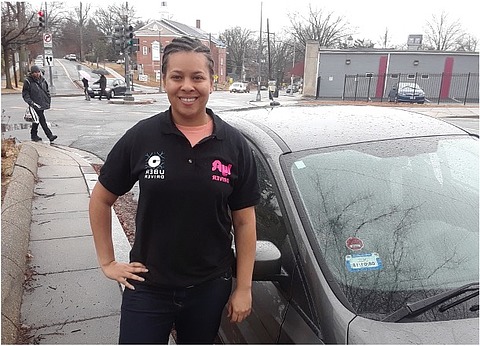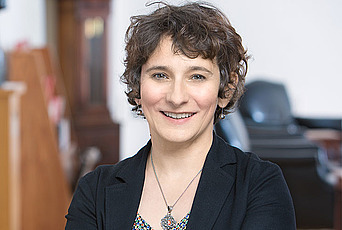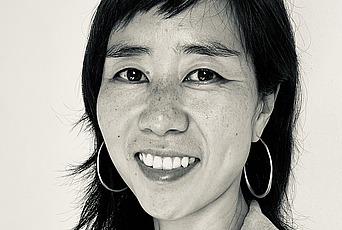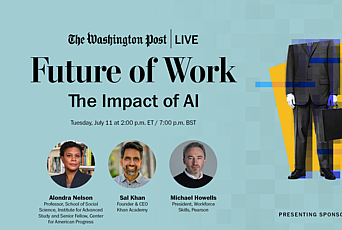Lindsey D. Cameron, Member in the School of Social Science, studies Uber. "Well, I don’t study strictly Uber per se," she says, "but it’s easier to digest than saying I study the rise of the platform economy and algorithmic management, and its implications on labor." Cameron comes to IAS from the University of Pennsylvania, where she serves as an Assistant Professor of Management at the Wharton School. She holds a Ph.D. in Management from the University of Michigan. While at IAS, she will be working on several projects in this area, including a multi-national comparative ethnography book project tentatively titled "The Good Bad Job: How Algorithmic Management Reconfigures Work."
How did you first become interested in completing fieldwork in the topic of management, and what inspired the specific intersections you have chosen, e.g. algorithms, the gig economy, etc.?
My mother lost her job during the height of the Great Recession, and I became curious in how individuals tried to prevent downwards social mobility. This led me to the gig economy as some individuals were turning to this form of work after losing traditional jobs. And I’ve always been interested in technology: I built my first computer at twelve and was a hacker in my prior career in the U.S. intelligence community.
What currently excites you about your field of research?
The wide-spread implications of digital platforms and labor across several fields including law, strategy, management/organizations, and labor.
Why IAS?
I’m beyond thrilled to be part of PLATFORM, this year's School of Social Science theme seminar, and with an amazing group of scholars interested in the intersection of platforms and society.
IAS has a long history of collaboration across the four Schools housed on campus. Tell us about a collaboration that has positively impacted your work.
I met one of my dearest collaborators, Hatim Rahman, who has a Ph.D. in engineering, when I was visiting Ph.D. programs. Now, more than a decade and four papers later, I am grateful to call him a friend, colleague, and co-author. It’s been really fun to pull together our synergies across technology and management issues. Perhaps more synergies will come out of my time at IAS?

What do you enjoy most about being a researcher?
Zora Neale Hurston said it best: “Research is formalized curiosity." And I am a curious person!
What was the last book you finished, and what did you think of it?
Rest is Resistance: A Manifesto by Tricia Hersey. The title says it all, don’t you think?
What surprising job have you held outside of your research?
I was an intelligence analyst for the U.S. government and served in the Middle East, North Africa, and Eastern and Western Europe.
IAS has a long-standing tradition of afternoon tea. As an incoming IAS scholar, how do you drink your tea?
I make my own blend of single-sourced cacao nibs and rooibos: I call it "Chocolate Magic." I take it as is, steeped for four minutes at 200 degrees Fahrenheit. As you can tell, I am a bit of tea fanatic and love afternoon tea.
What’s a hidden talent that you have that you don’t usually get to show off?
I can flip.
What is the best piece of advice you have received, or do you have any advice for aspiring scholars within your field?
Go deep.



